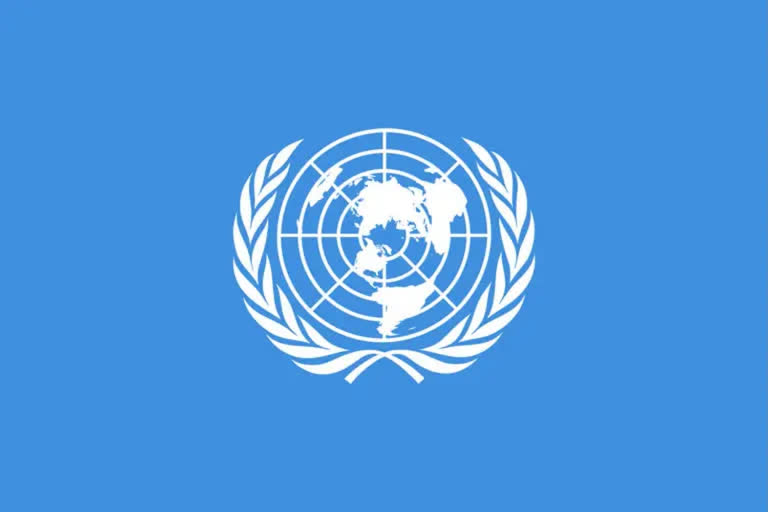Washington: India has organised a special exhibition on the millets at the UN headquarters in New York to commemorate the 'International Year of Millets 2023'. The focus of the exhibition launched on Tuesday by India's Permanent Mission to the UN was on the different kinds of millets grown in India, their nutritional value and health benefits, including information on calorific content.
The exhibition was attended by over a hundred delegates from the UN member states and senior UN officials. In her brief remarks, India's Permanent Representative to the United Nations Ruchira Kamboj shared the reasons why India pursued making 2023 the International Year of Millets (IYM) and how millets were an important solution in the collective march towards the Sustainable Development Goals (SDGs).
This was followed by a launch video on the IYM and a special address by Deputy Secretary-General Amina Mohammed. The Co-Founder and Director of MRIDA Group, Arun Nagpal, shared his experiences on his journey with millets from the farm to the table. This was followed by a special address by the Chef de Cabinet of the UN Secretary-General Earle Courtenay Rattray, after which the exhibition was officially opened.
Millet-based savouries were the other attraction for the guests to taste, while millet grains were also placed on display. The United Nations was treated to a sensory blend of seeing, touching, tasting, and learning about millets. The millet exhibition will be on display at the United Nations General Assembly Delegates Entrance Exhibition area from 14-17 February 2023, a media release said.
The year 2023 has been designated as the 'International Year of Millets' after a proposal for it was brought forward by India and endorsed by Members of the UN's Food and Agriculture Organization (FAO) Governing Bodies, as well as by the 75th Session of the UN General Assembly. Millets were among the first crops to be domesticated in India with several evidence of its consumption during the Indus valley civilization.
Being grown in more than 130 countries at present, millet is considered traditional food for more than half a billion people across Asia and Africa. In India, millets are primarily a Kharif crop, requiring less water and agricultural inputs than other similar staples. Millets are important by virtue of their mammoth potential to generate livelihoods, increase farmers' income and ensure food and nutritional security all over the world. (PTI)



